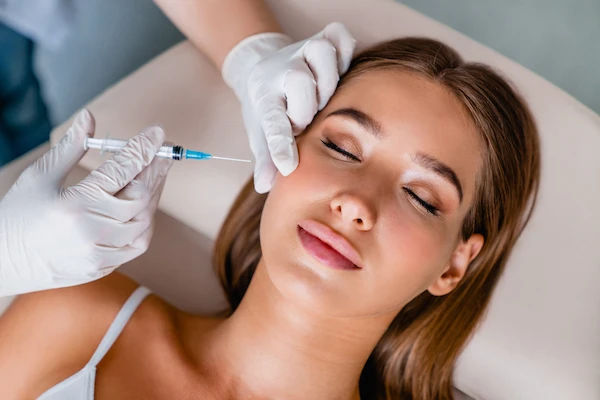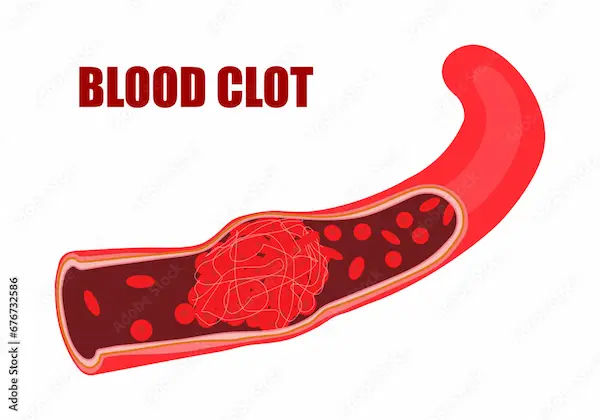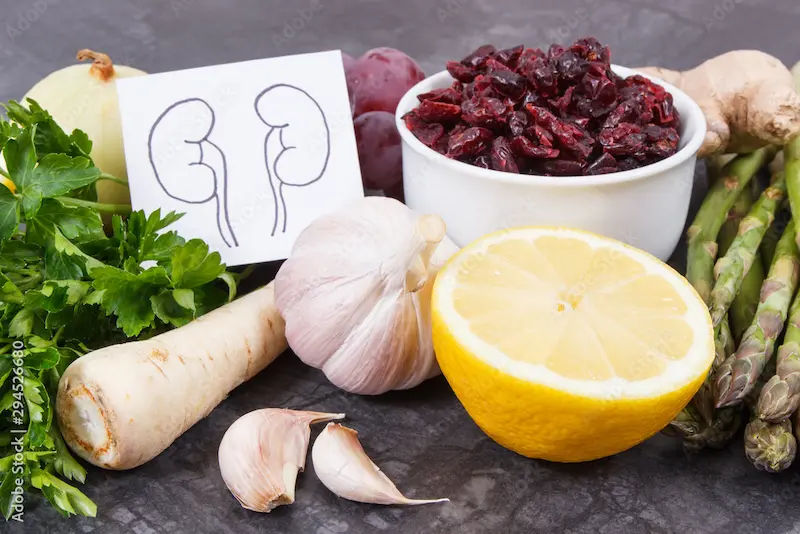Fungal Infections: Symptoms and Treatment Options
Learn about common fungal infections. Discover their symptoms, causes, and effective treatment options, from topical creams to oral medications, for relief.

Written by Dr. Shaik Abdul Kalam
Reviewed by Dr. D Bhanu Prakash MBBS, AFIH, Advanced certificate in critical care medicine, Fellowship in critical care medicine
Last updated on 25th Aug, 2025

Fungal infections are common and can affect anyone, regardless of age or gender. While most are mild and easily treatable, some can become persistent or severe if not addressed properly. Understanding the symptoms, causes, and treatment options can help you manage and prevent these infections effectively.
What Are Fungal Infections?
Fungal infections are caused by harmful fungi that invade the skin, nails, or internal organs. These infections thrive in warm, moist environments and can spread through direct contact with infected surfaces, people, or animals.
Common Types of Fungal Infections
The common types of fungal infections are:
1. Athlete’s Foot (Tinea Pedis) – Affects the feet, causing itching, redness, and peeling skin.
2. Ringworm (Tinea Corporis) – A circular, red rash that may appear on the skin, scalp, or groin.
3. Yeast Infections (Candidiasis) – Often affects the mouth (oral thrush) or genital area.
4. Nail Fungus (Onychomycosis) – Causes thickened, discolored, or brittle nails.
5. Jock Itch (Tinea Cruris) – Occurs in the groin area, leading to redness and itching.
Symptoms of Fungal Infections
Symptoms vary depending on the type of infection but may include:
- Skin Infections: Redness, itching, peeling, or rash.
- Nail Infections: Thickened, yellow, or crumbling nails.
- Oral Thrush: White patches in the mouth, soreness, or difficulty swallowing.
- Vaginal Yeast Infections: Itching, burning, and unusual discharge.
- If you experience persistent symptoms, consult a doctor for proper diagnosis.
Causes and Risk Factors
Fungi thrive in warm, moist environments. Common causes include:
- Poor Hygiene – Not keeping skin clean and dry.
- Weakened Immunity – Conditions like diabetes or HIV increase susceptibility.
- Sweating Excessively – Creates a breeding ground for fungi.
- Sharing Personal Items – Towels, shoes, or razors can spread infections.
- Wearing Tight Clothing – Restricts airflow, promoting fungal growth.
Consult a General Physician For The Best Advice
Treatment Options
Most fungal infections can be treated with over-the-counter (OTC) or prescription medications.
1. Topical Treatments
- Antifungal Creams, Ointments, or Powders (e.g., clotrimazole, miconazole) for skin infections.
- Antifungal Nail Lacquers for mild nail infections.
2. Oral Medications
Antifungal Pills (e.g., fluconazole, terbinafine) for severe or persistent infections.
3. Home Remedies & Preventive Care
- Keep the affected area clean and dry.
- Wear breathable fabrics like cotton.
- Avoid walking barefoot in public showers or pools.
- Change socks and underwear regularly.
When to See a Doctor?
Consult a healthcare provider if:
- Symptoms worsen or don’t improve with OTC treatments.
- The infection spreads or causes pain.
- You have a weakened immune system.
- If you suspect a fungal infection, you can book a consultation or lab test through Apollo 24|7 for expert diagnosis and treatment.
Final Thoughts
Fungal infections are common but manageable with proper care. Early treatment and good hygiene can prevent complications. If symptoms persist, seek medical advice for effective treatment.
Stay informed, stay healthy!
Consult a General Physician
Consult a General Physician For The Best Advice
Dr. Kavitha Killaparthy
Dermatologist
23 Years • MBBS,DIPLOMA(DERMATOLOGY,VENEREOLOGY,LEPROSY)
Hyderabad
JDS Skin & Hair Clinic, Hyderabad
Dr. Mayuri Jain
Dermatologist
11 Years • MBBS, MD Dermatology , Venereology & Leprosy
Delhi
Dr Mayuri Jain Clinic, Delhi

Dr Ekansh Shekhar
Dermatologist
10 Years • MBBS MD
Lucknow
Apollo Clinic Hazratganj, Lucknow
Dr.j Girishma
Dermatologist
6 Years • MBBS MD DERMATOLOGY
Bengaluru
Apollo Medical Center, Marathahalli, Bengaluru

Dr. Satarupa Mondal
Dermatologist
7 Years • MBBS , MD (Dermatology , Venereology & leprosy) , Diplomate (Derm.Vene.Lep)
Kolkata
Dr Satarupa Mondal, Kolkata
Consult a General Physician
Dr. Kavitha Killaparthy
Dermatologist
23 Years • MBBS,DIPLOMA(DERMATOLOGY,VENEREOLOGY,LEPROSY)
Hyderabad
JDS Skin & Hair Clinic, Hyderabad
Dr. Mayuri Jain
Dermatologist
11 Years • MBBS, MD Dermatology , Venereology & Leprosy
Delhi
Dr Mayuri Jain Clinic, Delhi

Dr Ekansh Shekhar
Dermatologist
10 Years • MBBS MD
Lucknow
Apollo Clinic Hazratganj, Lucknow
Dr.j Girishma
Dermatologist
6 Years • MBBS MD DERMATOLOGY
Bengaluru
Apollo Medical Center, Marathahalli, Bengaluru

Dr. Satarupa Mondal
Dermatologist
7 Years • MBBS , MD (Dermatology , Venereology & leprosy) , Diplomate (Derm.Vene.Lep)
Kolkata
Dr Satarupa Mondal, Kolkata




